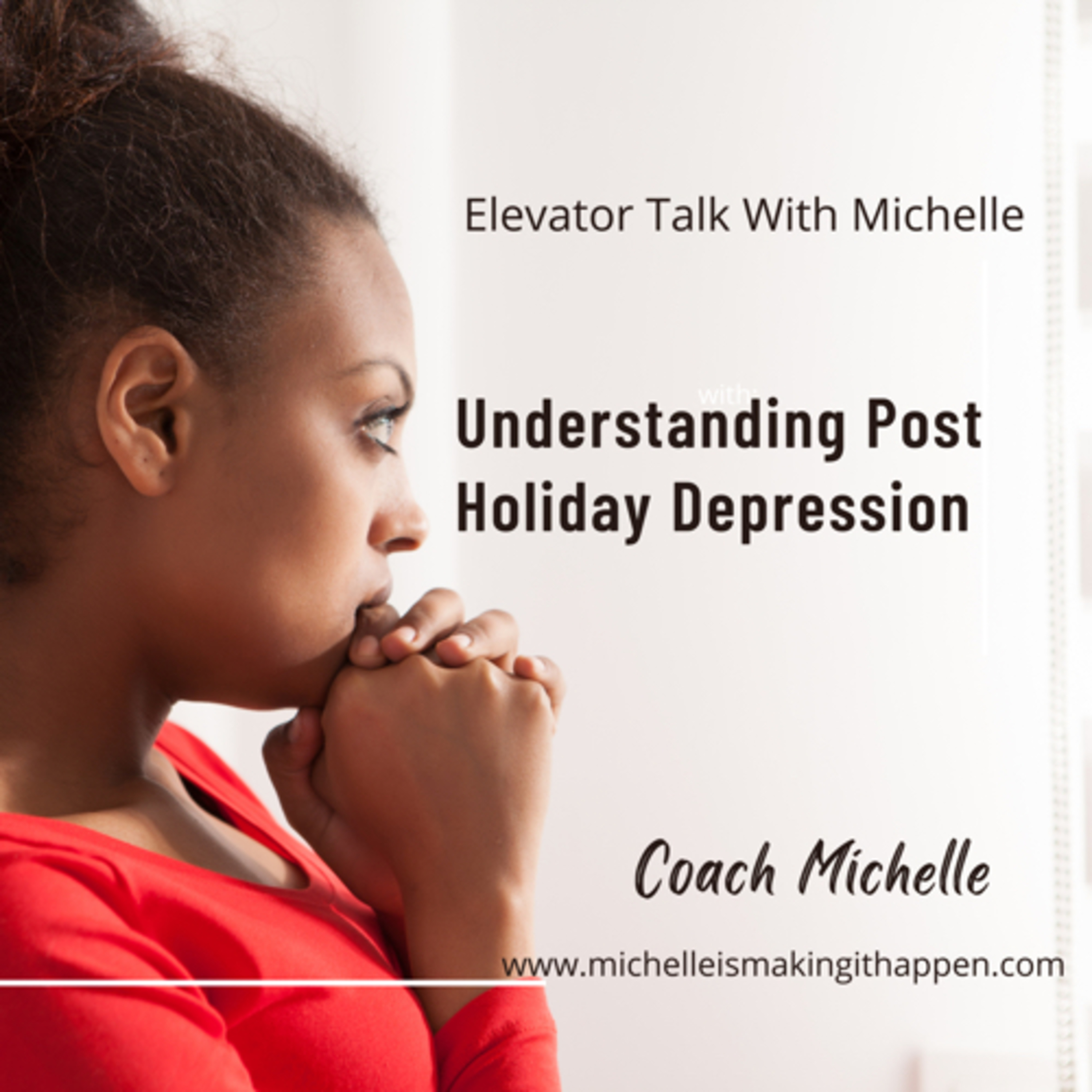Understanding Post-Holiday Depression

Have you ever wondered why it's so hard to get back into the swing of things, after the holidays? Post-holiday blues are really a thing. Here's how to deal with them.\xa0\n\nWhat Are Post-Holiday Blues? Post-holiday blues share many of the same characteristic symptoms of an anxiety or mood disorder: insomnia, low-energy, irritability, difficulty concentrating, and anxiousness.\n\nWhat Causes Post-Holiday Blues? There\u2019s little research on the subject, but a consensus among experts is that the adrenaline comedown is the main reason. Princeton, NJ-based clinical psychologist Dr. Eileen Kennedy-Moore suggests that the abrupt withdrawal of stress hormones after a major event, be it a wedding, an important deadline, or the holidays, can have a profound impact on our biological and psychological well-being.\n\nWhy Do We Feel Depressed After the Holidays? Unless you have a three-week vacation in August or some other big diversion during the year, the holidays may be the only time regular life is interrupted. Even if your holidays weren\u2019t so merry and bright, the brain exaggerates the realities of day-to-day life, making the return to the mundane seem disproportionately more anxiety-inducing and depressing than it really is.\n\nOur Brain is Tricking Us. According to Dr. Melissa Weinberg, a research consultant and psychologist specializing in well-being and performance psychology, it\u2019s a sign of healthy psychological functioning. \u201cIt\u2019s just one of a series of illusions our brain fools us into believing, in the same way we think bad things are more likely to happen to others than they are to us.\xa0\n\nWe\u2019re Emotionally Exhausted. The considerable weight of navigating difficult situations and relationships and keeping your cool during the holiday events is another possible factor in post-holiday depression.\n\nYour Diet Plays A Role. The sugar and alcohol-fueled diets many of us love and/or survived on during the holiday season can also play a role. Alcohol is a widely recognized depressant and research has also linked junk food to depression.\xa0\n\nHow Long Does Post-Holiday Depression Last? This is going to be different for everyone. But if after a while you still aren't looking forward to upcoming events, or you continue to remember the holidays with sadness rather than fondness, it's time to talk to a mental health professional.\n\nPost-Holiday Depression Statistics:\n\u2022\tAccording to the National Alliance on Mental Illness (NAMI), approximately 24% of people with a diagnosed mental illness find that the holidays make their condition \u201ca lot\u201d worse and 40% \u201csomewhat\u201d worse.\u201d\n\u2022\tThe most difficult months for people with Seasonal Affective Disorder, a type of depression, in the United States tend to be January and February, according to the American Psychiatric Association. This can compound negative post-holiday feelings in the 5% of adults in the U.S. who experience SAD.\n\u2022\tWhile it is a myth that suicides increase around the holidays, a study published in 2014 in the Journal of Emergency Medicine found that New Year's Day was one of the times associated with the highest number of poison ingestions with suicidal intent.\n\nHow To Get Over Post-Holiday Blues:\n\n1. Take care of yourself.\xa0\n2. Schedule time for fun. Filling up your planner with activities you enjoy will give you something to look forward to and help keep contrast effect at bay.\n3. Be patient and go easy on yourself. Don\u2019t beat yourself up for feeling the way you do and take the time you need to find your footing.\n\nPlease be sure to subscribe and support my Podcast. Your support is greatly appreciated, and you do so for as little as $.99 per month. Go out there and be great, because great is calling you and great is calling me.\n\n\n--- \n\nSupport this podcast: https://podcasters.spotify.com/pod/show/michelle4466/support